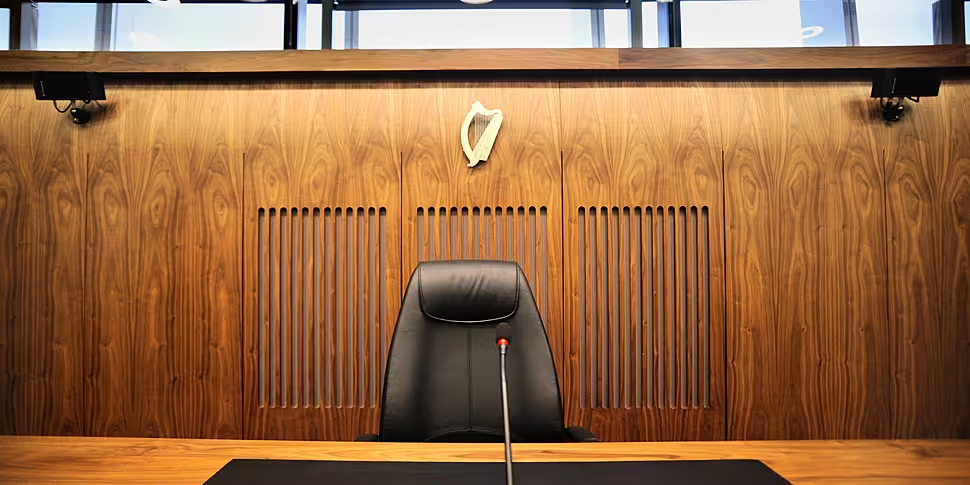A guilty verdict on the grounds of diminished responsibility in a manslaughter trial is “very unusual”, a criminology lecturer has said.
Earlier this year, Richard Burke of Killygordon was found not guilty of the murder of Jasmine McMonagle but instead was found guilty of manslaughter on the grounds of diminished responsibility.
He has been sentenced to 14 years in prison and UCC’s Dr Catherine O’Sullivan told Newstalk Breakfast his defence of diminished responsibility was “very unlikely to be successful before juries”.
Insanity defence
Dr O’Sullivan said research has shown that the insanity defence is very unlikely to be successful in comparison with greater degrees of success in England and Wales.
“I think that the unusual nature of this case and the tragic nature of this case made it newsworthy in a way that might give a false impression of how successful that defence is,” she said.
Dr O’Sullivan said diminished responsibility includes individuals who suffer from mental illness, mental disability, dementia, or any disease of the mind, but does not include intoxication.
“There's a different definition of mental disorder in the insolvency act versus a definition given under the Mental Health Act,” she said.
“It's a narrower definition so as to exclude things like intoxication and things like that from being raised by an accused in a diminished responsibility defence.”
Not guilty vs guilty
The difference between not guilty by reason of insanity versus guilty with diminished responsibility is that if you are found not guilty by reason of insanity, you may be released, or sent to the Central Mental Hospital, according to Dr O’Sullivan.
“If you are found diminished responsibility manslaughter verdict, you are sent directly to the jail,” she said.
“It is then a decision for the authorities in the prison to decide whether or not you should be sent to the Central Mental Hospital for treatment.
“There are some issues with this, the Central Mental Hospital does not often have sufficient space.
“There's also the issue of if someone goes to the Central Mental Hospital and they are successful, then they are returned to the prison, ” she said, “which is not necessarily the best environment for someone who has been suffering from a mental disorder.”









